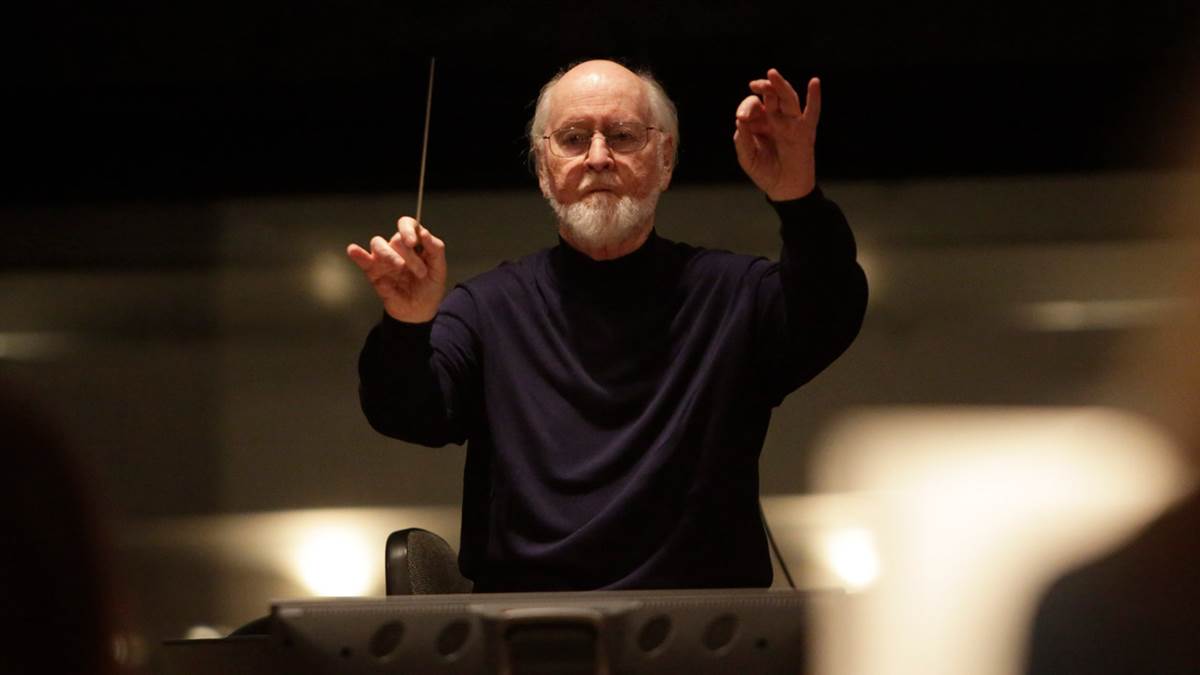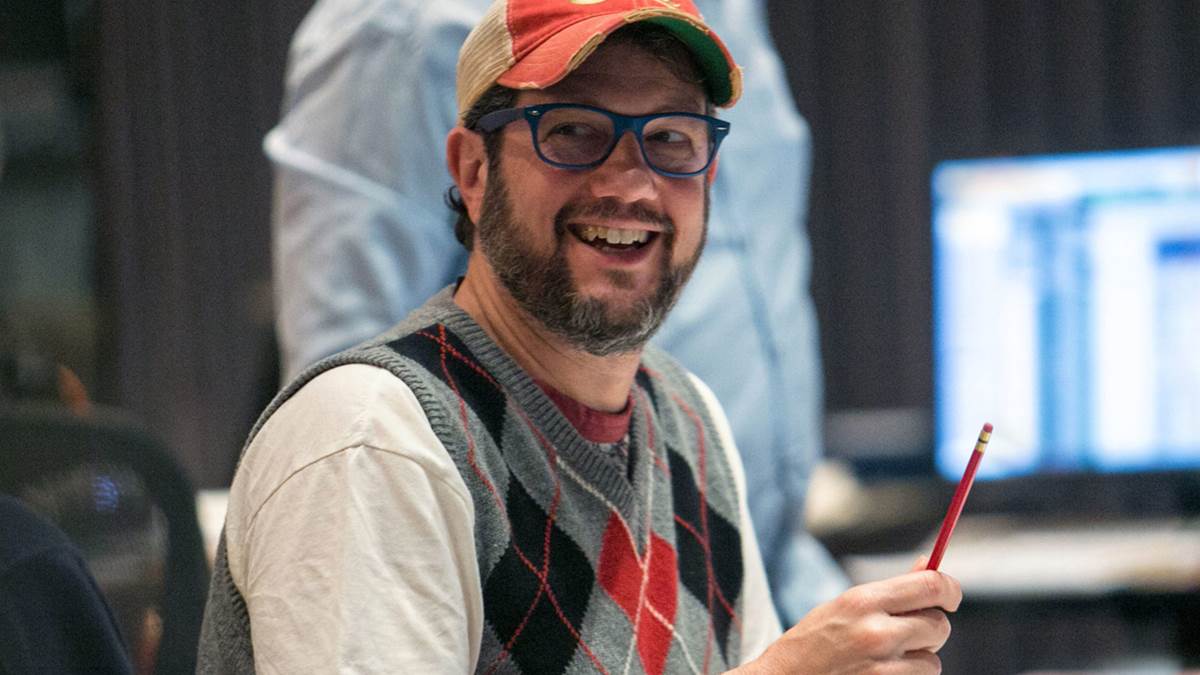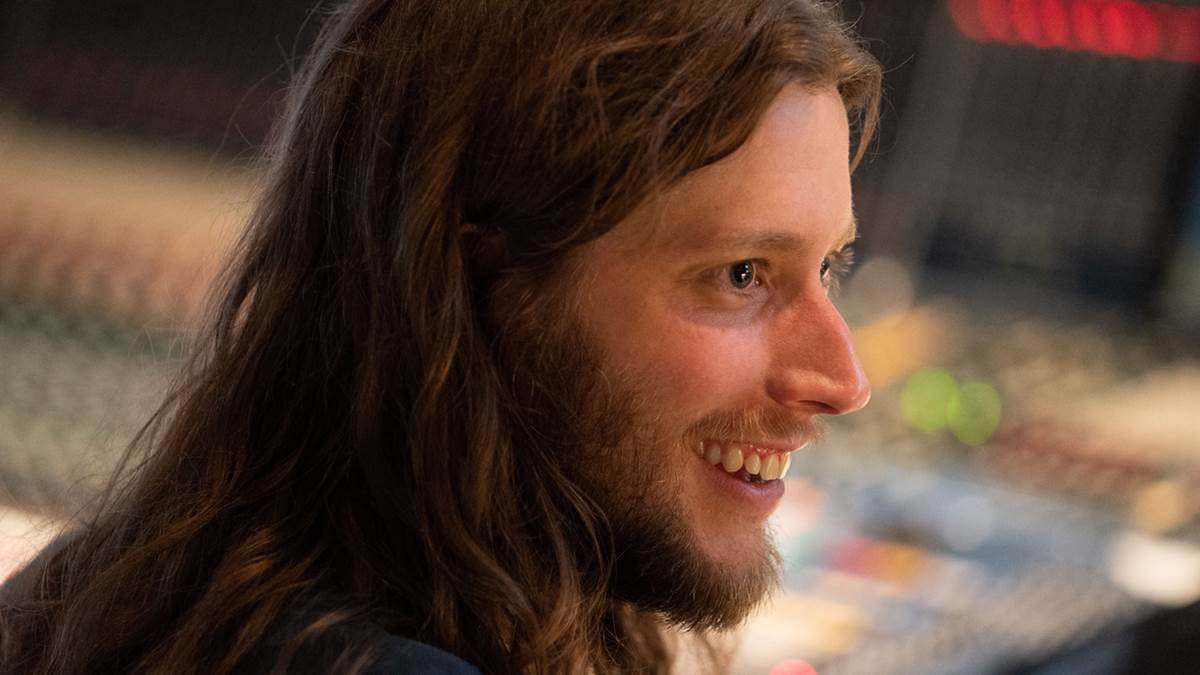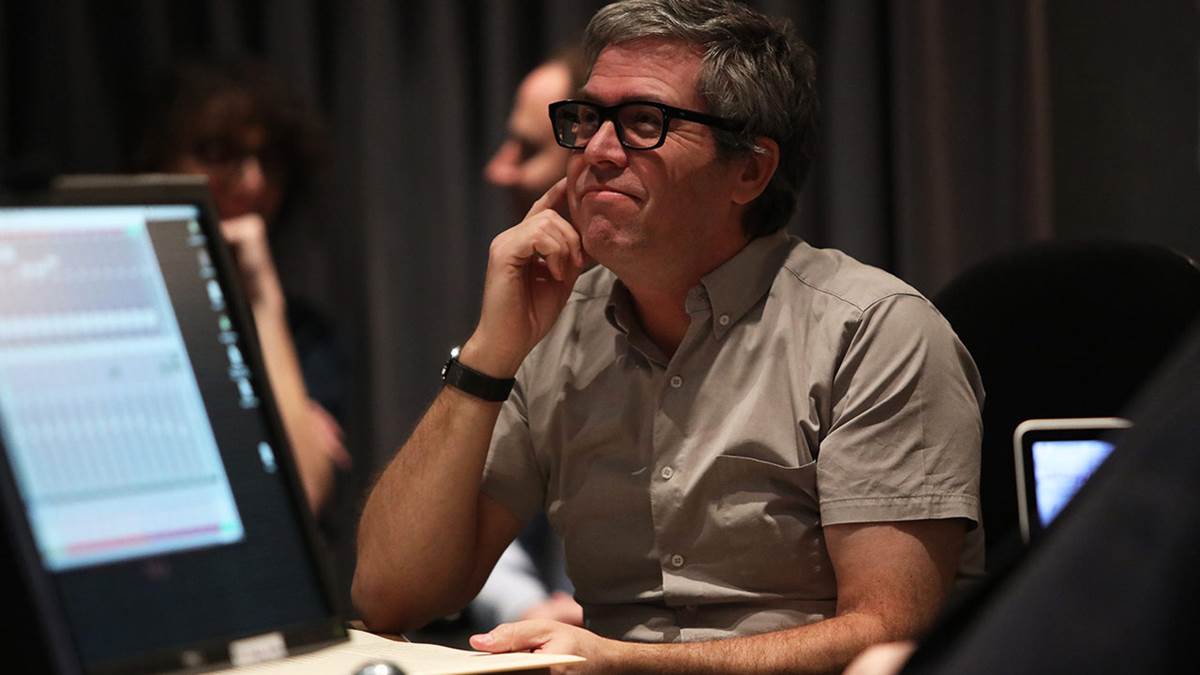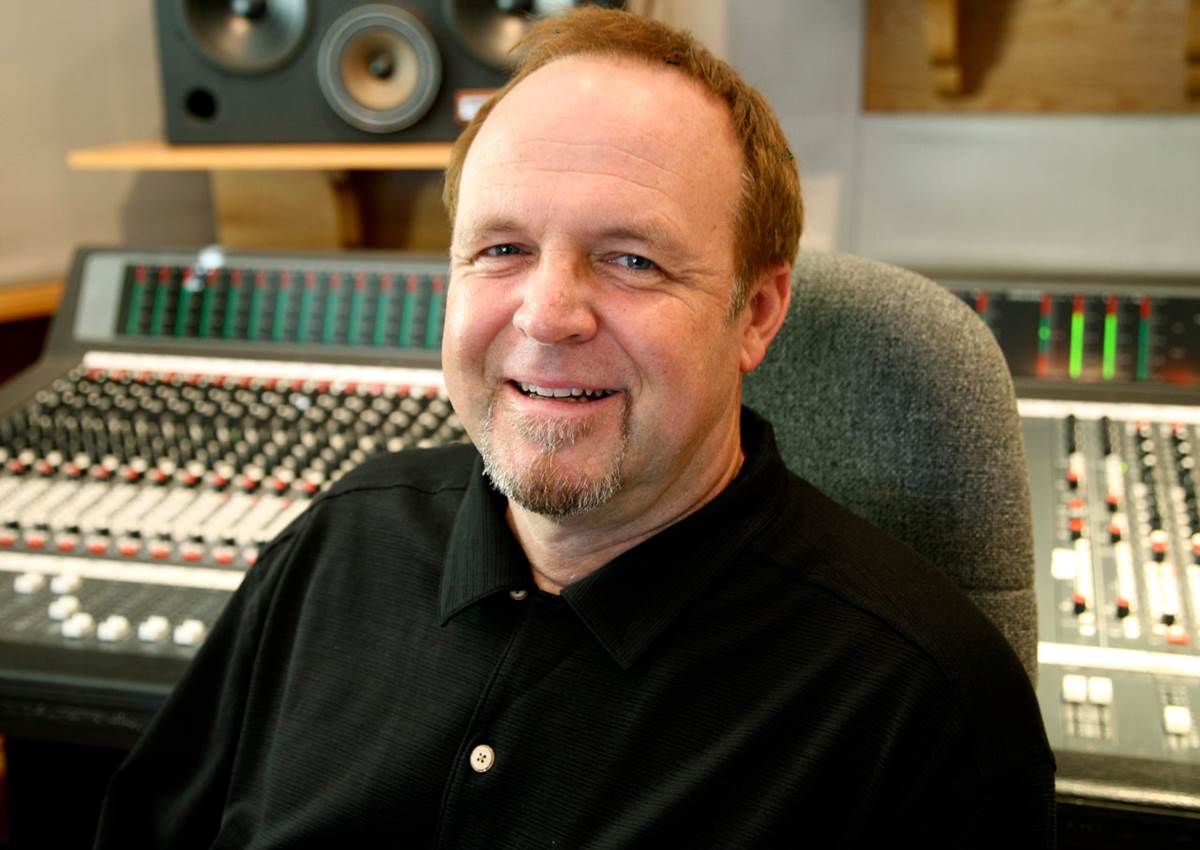Contemporary “Star Wars” Composers Celebrate John William’s 90th Birthday
Today is the 90th birthday of legendary composer John Williams, and to celebrate, StarWars.com has shared some kind words from other composers who have worked on Star Wars projects about his influence on film and their lives.
Michael Giacchino (Rogue One: A Star Wars Story)
- “To say that John Williams has been an inspiration to myself or any contemporary film composer would be the greatest understatement. It is too difficult to put it into words how important his work has been to all of us in this business. Listening to John’s music is not only a masterclass in film composing and storytelling, but John is an example of someone who has taken his talent and passion to transform other parts of the musical world, in particular his work in the classical arena that not only gave us pieces outside of film music, but his time at the Boston Pops has helped open the door for the acceptance of film music in the concert world, something for which I am very grateful.”
- “The first film that I saw of his was Close Encounters, quickly followed by Star Wars. Once I started to get to know his work, I learned that I had been listening to his music much earlier than I thought — Gilligan’s Island and Lost in Space were staples in our house. Little did I know I was already getting an education from John Williams! However, it was the liner notes of Star Wars — there was an insert in the album — that really piqued my interest in film music. It was there that I began to understand how the use of different instruments and thematic material helped to define the characters and emotions in the story.”
- “I have had the honor and privilege of working on video games and films that followed John’s iconic work. Just imagine what the 10-year-old reading the liner notes in my New Jersey bedroom would think! Working on those projects and being able to include Williams’ homages here and there was a dream come true. John, your music will be forever etched in the history of film music and beyond. Here’s to 90 more years!”
Ludwig Göransson (The Mandalorian)
- “The first time I heard John Williams, I was at home by the TV in our living room. I must have been around seven when I begged my parents to let me watch Jaws with them. During the more visceral scary parts of the movie, my dad would cover my eyes. Not being able to see what was happening on the screen, I just listened to the sound. That intense music had an extreme effect on me. The Jaws I created in my head was way scarier than what was happening on screen. Those fantasies stayed with me for a long time.”
- “John Williams is the most successful and influential film composer of all time. In fact, I don’t know any other composer whose music has reached so many people across all ages in every corner of the world. It’s pure magic how his music becomes so instantly relatable and therefore also finds life outside the films and cinemas.
- “Because of John Williams’ music, I was able to connect with and understand certain emotions growing up; in my professional career I often look back on those times. While scoring The Mandalorian, for example, I reflected on the first time I experienced the music from Star Wars. I strived to recreate a similar feeling of adventure and youthful wonder that I felt as a child. It’s truly an honor to continue a legacy so revered.”
- “[My favorite John Williams composition]’s constantly changing, but as of right now, it’s his main title for the movie Earthquake. The whole score creates such an interesting blend between so many different styles. It’s incredibly special and unique. I love how you can hear his deep love and knowledge of jazz and improvisation in his works.”
- “John Williams never stops challenging himself or his audience. Every note written is carefully crafted with intention and brought to life with immense care and devotion. Throughout his career, he consistently pushes boundaries in exciting and novel ways; his curiosity for the arts radiates through it. To celebrate 90 years of age and still maintain that level of passion and drive, will always be my guiding North Star.”
John Powell (Solo: A Star Wars Story)
- “Truthfully, [my first exposure to John Williams] was probably Fiddler on the Roof! It clearly cemented my love of giant Hollywood orchestration and probably made me aware of the power of music in storytelling. But then, I also remember becoming abnormally fascinated by the title music to Time Tunnel. I know these seem a little obscure compared with what we know him for, but it speaks volumes that he’s always been able to excite me: with that incredible rhythmic use of orchestra, the way I’m roused as it connects to the story, and how a plot seems to suddenly move forward when his music is under it. And this is all before I was ever aware of ‘film composers.’”
- “For me, he actually transcends ‘film scoring,’ and he is simply one of the great composers of orchestral music. I’ve said this before, having been privy to seeing a little of his process — I realized he is not, in some way, unusual or impossibly different from all other composers. He’s using the same techniques, the same rules, the same approaches as everyone else. He’s simply better than everyone else.”
Kevin Kiner (Star Wars: The Clone Wars, Star Wars Rebels and Star Wars: The Bad Batch)
- “The first time I remember hearing a John Williams score was watching Star Wars in Westwood California where I was attending UCLA. I remember thinking, ‘How does he make that sound?’ That and the Superman score started me on a life-long quest to unravel his secrets and find my own path to making my own mysteriously wonderful sound.”
- “He is simply the pinnacle, full stop. No one else comes close to his virtuosity and command of orchestral scoring. He defined what a blockbuster should sound like.”



